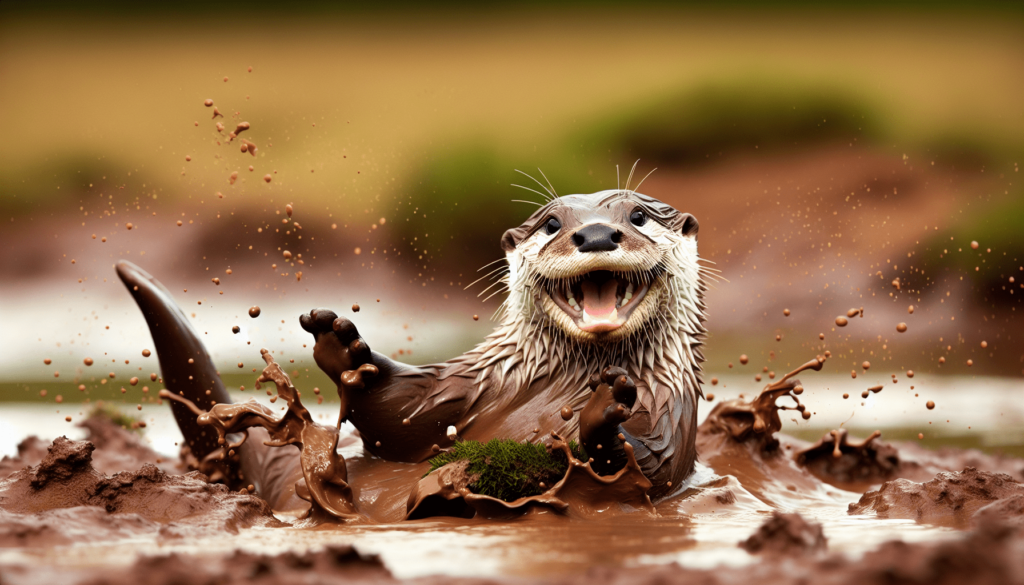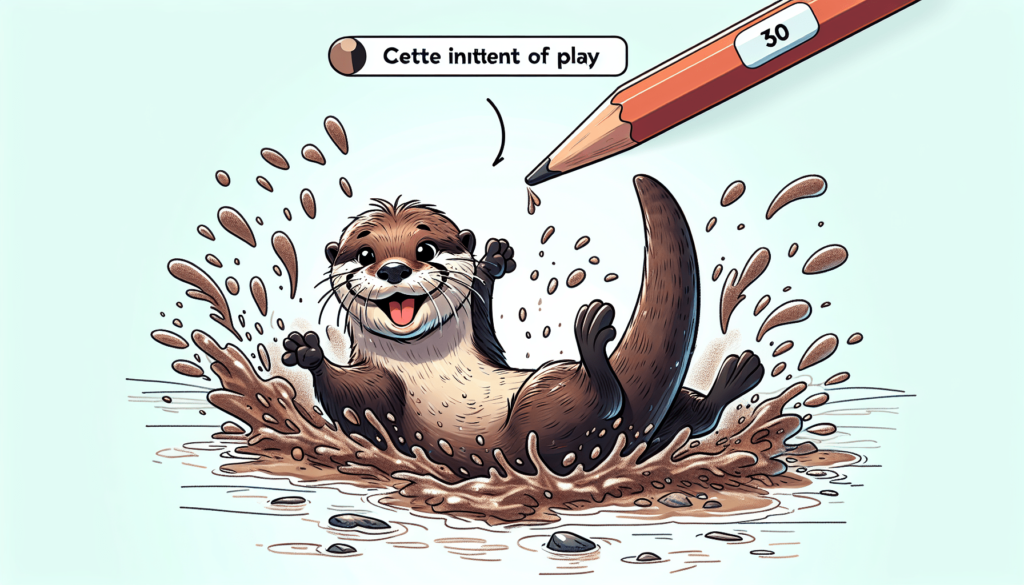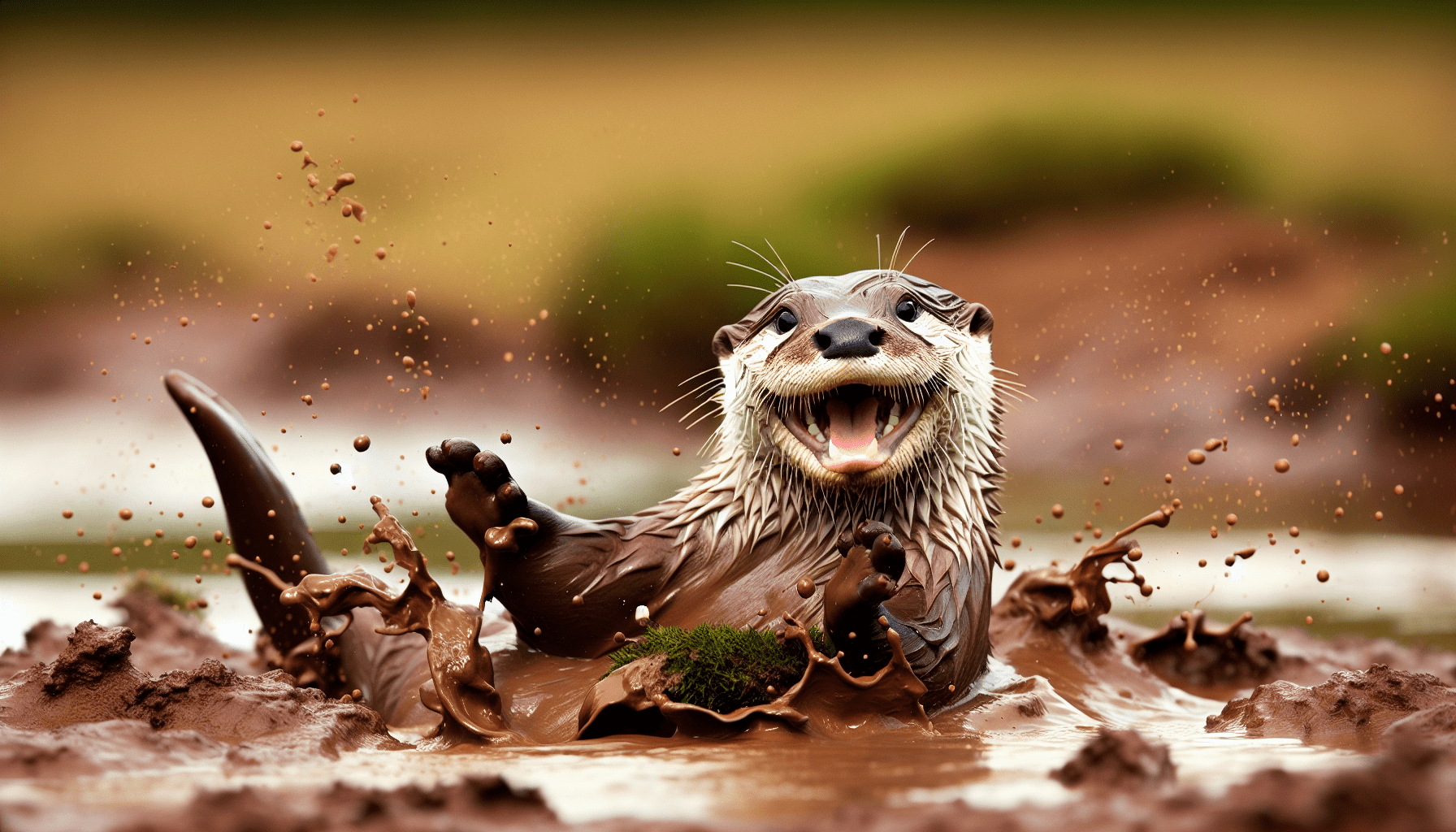Why Is Play Important for Animals?
Have you ever wondered why animals engage in play behaviors? Play is a crucial aspect of an animal’s life, serving multiple important roles in their overall well-being. Understanding the significance of play in animals can provide valuable insights into their behavior and how they interact with their environment.
Benefits of Play in Animals
Play serves as a vital component of an animal’s development, helping them build essential skills that are crucial for their survival. From social interactions to physical fitness, play offers a wide range of benefits that contribute to an animal’s overall health and well-being.
Types of Play in Animals
Animals engage in various types of play, each serving different purposes and helping them develop different skills. From solitary play to social play, animals exhibit a diverse range of playful behaviors that contribute to their growth and development.

The Role of Play in Social Development
Play plays a significant role in an animal’s social development, helping them learn vital social skills that are necessary for interacting with other members of their species. Through play, animals learn how to communicate, establish hierarchies, and form social bonds with other individuals.
Importance of Social Play
Social play allows animals to practice important social behaviors, such as cooperation, communication, and conflict resolution. By engaging in social play, animals learn how to navigate complex social dynamics and develop strong social bonds with other members of their group.
Benefits of Solo Play
Although social play is essential for an animal’s social development, solo play also plays a crucial role in their overall well-being. Solo play allows animals to explore their environment, build physical strength, and develop important cognitive skills that are essential for their survival.
The Significance of Play for Physical Health
In addition to its role in social development, play also contributes significantly to an animal’s physical health. Through play, animals engage in physical activity that helps them stay fit, agile, and healthy. Whether it’s a game of chase or a playful wrestling match, physical play is essential for maintaining an animal’s physical well-being.
Physical Benefits of Play
Playful activities, such as running, jumping, and climbing, help animals build muscle strength, improve coordination, and maintain a healthy weight. By engaging in physical play, animals can enhance their overall physical fitness and reduce the risk of obesity and other health problems.
Mental Health Benefits of Play
Play not only benefits an animal’s physical health but also contributes to their mental well-being. Playful activities stimulate an animal’s mind, providing mental enrichment and preventing boredom. By engaging in play, animals can reduce stress, anxiety, and boredom, leading to overall improved mental health.
Play as a Tool for Learning and Problem-Solving
Play serves as a valuable tool for learning and problem-solving in animals, allowing them to develop essential cognitive skills that are crucial for adapting to their environment. Through play, animals can explore new ideas, test different strategies, and learn from their experiences.
Cognitive Development Through Play
Playful activities, such as puzzle-solving games and foraging simulations, help animals sharpen their cognitive abilities and enhance their problem-solving skills. By engaging in play, animals can develop critical thinking, creativity, and adaptability, all of which are essential for navigating their environment successfully.
Benefits of Play in Skill Development
Play helps animals develop a wide range of skills, from hunting and foraging to communication and navigation. By engaging in playful activities, animals can practice and refine these essential skills, improving their chances of survival in the wild.
The Evolutionary Significance of Play Behavior
The presence of play behavior in animals has intrigued scientists for decades, leading to various theories about its evolutionary significance. While the exact evolutionary purpose of play remains debated, many researchers believe that play serves as an essential adaptive mechanism that has evolved to benefit animals in multiple ways.
Theories on the Evolution of Play
Several theories have been proposed to explain the evolutionary origins of play in animals. From the social play hypothesis to the cognitive training hypothesis, each theory offers valuable insights into the possible adaptive benefits of play behavior in animals.
Adaptive Functions of Play
Play behavior is believed to serve several adaptive functions in animals, including promoting social bonds, enhancing cognitive skills, and improving physical fitness. By engaging in play, animals can gain valuable experience, develop important skills, and increase their chances of survival in the wild.

Factors Influencing Play Behavior in Animals
While play behavior is widespread among animals, various factors can influence the frequency and types of play exhibited by different species. From age and sex to environmental conditions and social dynamics, several factors can shape an animal’s play behavior and determine its role in their overall development.
Age and Play Behavior
Age plays a significant role in determining an animal’s play behavior, with young animals often engaging in more play than adults. Play is essential for the development of young animals, helping them learn vital skills and prepare for adulthood.
Sex Differences in Play
Sex differences can also influence an animal’s play behavior, with males and females often exhibiting different types of play. While males may engage in more physical play, such as rough-and-tumble wrestling, females may prefer social play activities that involve cooperation and communication.
Environmental Factors
The environment in which an animal lives can also influence its play behavior, with factors such as habitat type, food availability, and predator presence affecting the types of play exhibited by individuals. In challenging environments, animals may engage in more play to develop crucial survival skills.
Conclusion
In conclusion, play is a vital aspect of an animal’s life, contributing significantly to their overall well-being, development, and survival. From social interactions to physical fitness, play serves multiple important roles in an animal’s life, helping them learn essential skills, build social bonds, and navigate their environment successfully. By understanding the significance of play in animals, we can gain valuable insights into their behavior, cognition, and evolutionary history, shedding light on the complex and fascinating world of animal play behavior.

